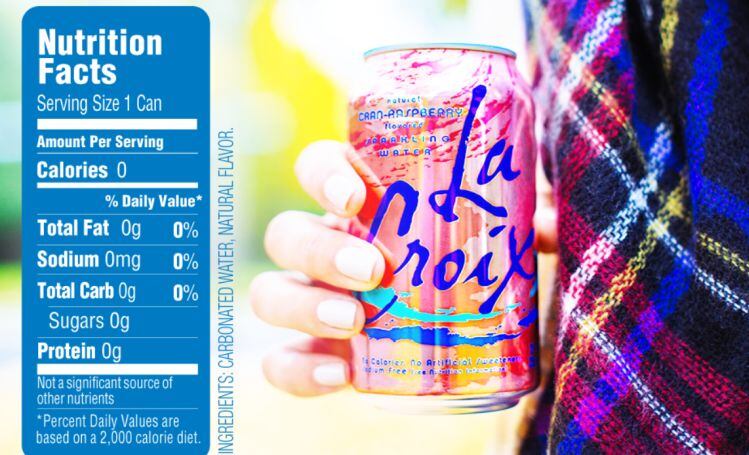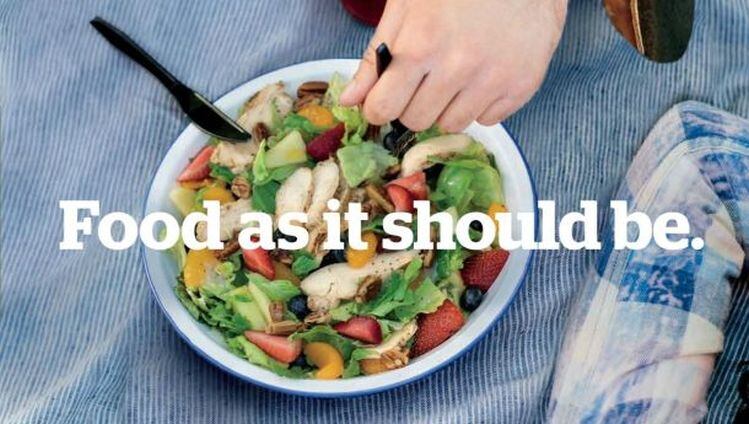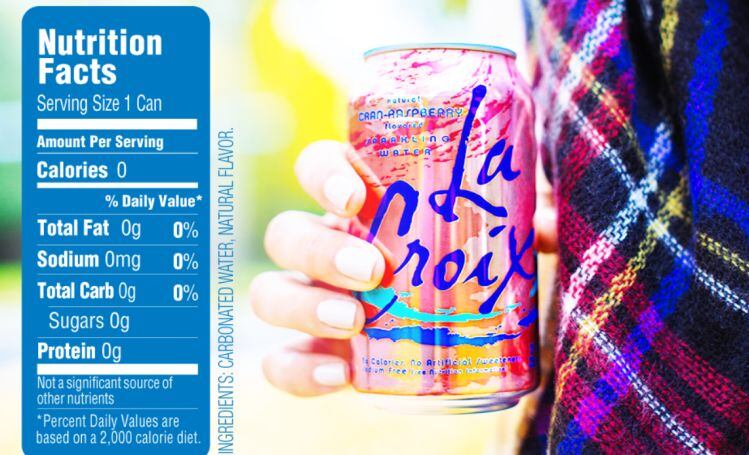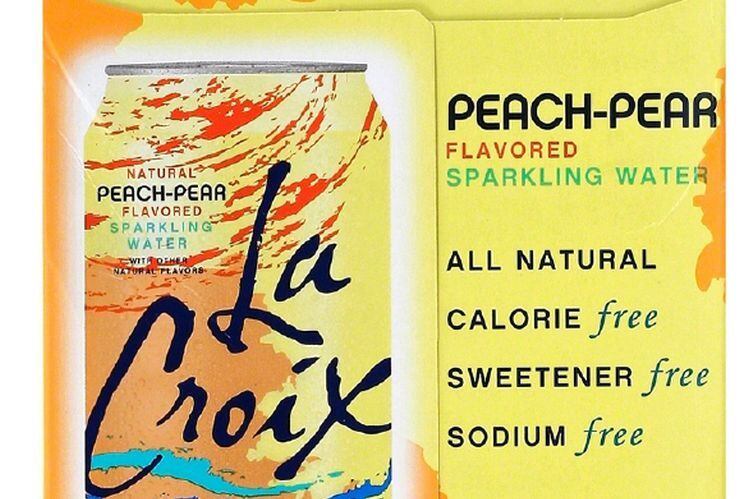In a February 25 court filing responding to allegations in an January 29 lawsuit* querying its all-natural credentials, NBC attorneys wrote: “This action is nothing more than an attack on National Beverage’s brand LaCroix: premeditated in form as to destroy the reputation of LaCroix sparkling water in the minds of consumers.
“Due to the confirmation by testing performed by Beta Analytic, Inc, an accredited independent laboratory, the allegations within this complaint are confirmed to be false and devoid of legal and factual merit.
“The LaCroix sparking water brand is suffering significant damage, including damage to its goodwill and reputation, as a result of the baseless allegations in this lawsuit. As a result, National Beverage and its shareholders are being harmed as well.”
The company, which has slammed those behind the lawsuit as “professional liars,” added:
“On the other hand, Plaintiffs have not suffered (and Plaintiffs have never suffered) any harm from consuming LaCroix sparkling water. Contrary to the allegations in the Complaint, Plaintiffs and their counsel have no personal or firsthand knowledge of how LaCroix sparkling water is created and similarly have no knowledge or information about the ingredients in LaCroix sparkling water. National Beverage properly labels LaCroix sparkling water, and LaCroix sparkling water is created from natural ingredients.”
Testing methodology
In a complaint* filed in New York on January 29, 2019, plaintiffs Adenike Graham and Kimberly McNulty alleged that LaCroix sparkling waters (which have two ingredients: carbonated water and natural flavor) contain synthetic ingredients.
The complaint alleges that The Center for Applied Isotope Studies (CAIS) at the University of Georgia used compound specific stable isotope analysis (CSIA) and gas chromatography isotope ratio mass spectrometry (GC/IRMS) tests to “determine whether the LaCroix Products contain synthetic ingredients.”
Randy Culp, PhD, CAIS associate director, told FoodNavigator-USA he could not comment on the lawsuit or specific clients, but defended CAIS testing methods: “We have been doing this type of testing for over thirty years...
"CSIA and GC/IRMS are methods to authenticate the source of chemicals through their isotopic signature after separation, ie Compound Specific Isotopic Analysis. When this method is performed and compounds of interest are isolated and identified, any depletion of the radiocarbon concentration, from the norm expected or derived from modern plants of recent harvest, is an unambiguous indication of synthetic or 'fossil-fuel' derived compounds.
"This is a reliable, validated and established method and we have the ISO17025:2005 accreditation to confirm that. My only interest in an independent laboratory's contradicting assertion, is how did it make its determination?"
* Adenike Graham and Kimberly McNulty et al v. National Beverage Corporation 1:19-cv-00873 filed in the southern district of New York on January 29, 2019.




